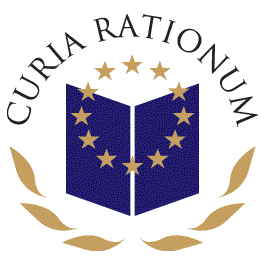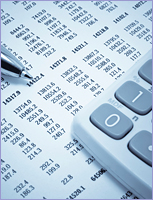 |
Its job is to |
Court of Auditors: what it does
The Court of Auditors is the guardian of the financial interests of the citizens of the Union.
| It checks that the EU’s budget (€126 billion in 2011) is spent according to the rules. A very large part of the EU budget is spent in the member states. If the Court finds any problems with the accounts whether in a member state or elsewhere it brings them to the attention of the European Commission. It is then for the Commission to take any follow up action. |
 |
For example, when the Court found problems in the management of funds that were paid out in the regions of England, for example, incomplete records of payments and receipts, the Commission stopped further payments and fined those responsible.
A key role of the Court is the presentation of its annual report to the European Parliament.
On the basis of this report the Parliament decides whether or not to approve off the Commission's handling of the budget for that year.
The Parliament refused to do this in 1984 and again in 1999. In 1999 the refusal led to the resignation of all the Commissioners.
If the Court of Auditors is satisfied with the accounts, the Court advises the Council of Ministers and Parliament that the taxpayers’ money is being properly used.
Who the auditors are and how they work
The Court of Auditors has 28 auditors, one from each of the member states.
They are appointed by the Council of Ministers in consultation with the Parliament on renewable terms of six years.
| The auditor from the UK is Sir David Bostock. | ||
| They elect one of their number as president of the Court for renewable terms of three years. The current president is Vitor Manuel da Silva Caldeira from Portugal. |  |
Auditors are allocated to one of five chambers.
Four of these deal with special subjects such as natural resources; transport and energy; external activity; the various offices of the EU.
The fifth looks at cross department matters like coordination, evaluation and assurance.
Languages used
In its day to day work the Court uses French and English. But all official reports and documents are published in each of the Union’s 24 official languages.
| Click the logo for more information about the work of the European Court of Auditors |

